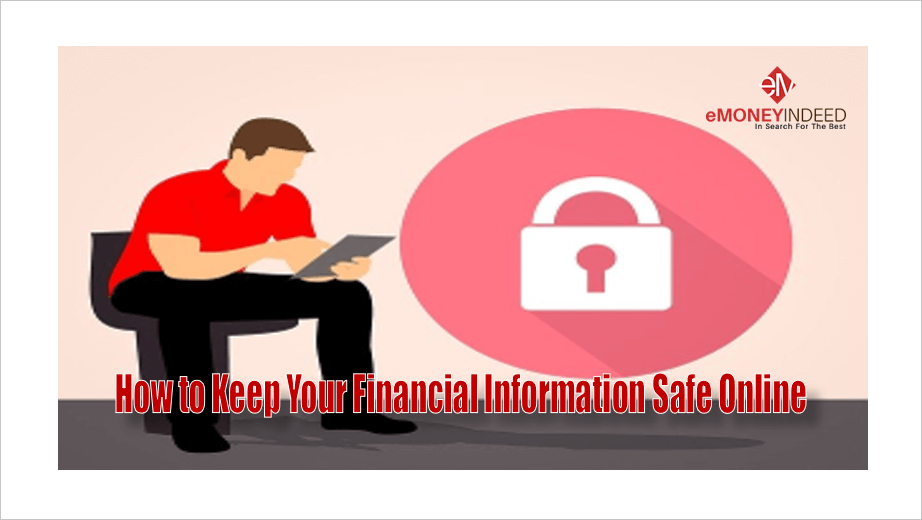In an ideal world, the issue of fraud would never rear its ugly head. However, the reality of the modern age is that the risk of fraud is everywhere you turn – and this is particularly true online, where hackers are finding an ever-increasing number of ways to access people’s personal financial data and acquire cash illegally and unethically.
However, this doesn’t mean that you have to stop using online services to manage your money. Instead, it simply means that you need to take some additional steps to reduce the risk of fraud when you do so.
Read | Don’t Let Fraud Bring Your Online Business Down
This article will outline some of the best ways to keep that all-important financial data safe and secure when carrying out your administration on the web.
Verify the Website’s Legitimacy
There are all kinds of providers of financial services on the internet, and they are becoming increasingly valuable to people of all walks of life. Take online banking. Many people now use the web to do everything from tracking incoming transactions such as wages to paying the bills – and without this, it would be increasingly hard to function in the modern, ever more digitalized economy.
However, fraudsters have uncovered a range of highly sophisticated ways in which to scam unsuspecting users of these sites. One such method is the use of “clone sites.” These sites mimic established financial services websites but are instead fakes which are capable of capturing your information as you enter it. This information can then be used for fraud purposes.
The best way to avoid this situation from arising for you is to mark the correct URL of the website from an official document and then verify it, perhaps through Google or by calling a confirmed customer services number. That way, you can then bookmark that URL and know that you are using the authentic version of whatever service it might be every time.
Read Reviews
Another example of a popular online financial service is a foreign exchange brokerage. Perhaps you want to order some foreign currency on the web ahead of a big trip abroad. Here, it may be harder to check the legitimacy of a broker from the URL alone, and that’s because many forex brokers don’t have the sort of instant recognition factor that a bank such as JPMorgan Chase or Bank of America might have.
So, how can you tell a little-known legitimate brokerage from a little-known fraudulent one?
One good way to do this is to read reviews. In the unfortunate event that a person gets scammed, they will often respond to this by heading over to a review website to post a strongly worded warning about the broker or provider in question.
While this might not be an effective way of getting their money back, it certainly helps the victim process their feelings – and it also benefits the wider community, as it means other people can avoid making the same mistakes. By checking out reviews, you can be sure that you choose one of the vast majority of legitimate brokers currently available.
Don’t Be Lazy
Scams are always the direct fault of the perpetrator, of course, and there’s no use blaming victims when it occurs. However, there are some very simple techniques that all web users can perform in order to reduce the likelihood of being caught out.
First off, it’s a good idea to avoid becoming lazy when it comes to passwords. The best advice is to never use the same password twice, so if you’re doing this on any websites which contain your personal financial information, then it’s a good idea to change your ways.
It’s also a good idea to invest a small amount of time in setting up effective anti-virus and anti-malware software. That way, you can reduce the risk of being hit with malware such as key loggers which can record everything you do on the web and, as a result, impersonate you on sites containing your information.
Keep Your Financial Information Safe Online
The world of online banking and other financial services can be a useful one for many consumers and indeed for businesses. However, it’s also a great place for fraudsters – which means that your personal information can be put at risk very quickly.
By following the tips outlined above, such as practicing good password hygiene and reading reviews of other sites on the web, it’s possible to protect your information without having to spend too much time making changes to your online lifestyle and habits.

 eMoneyIndeed Make Money Online
eMoneyIndeed Make Money Online






